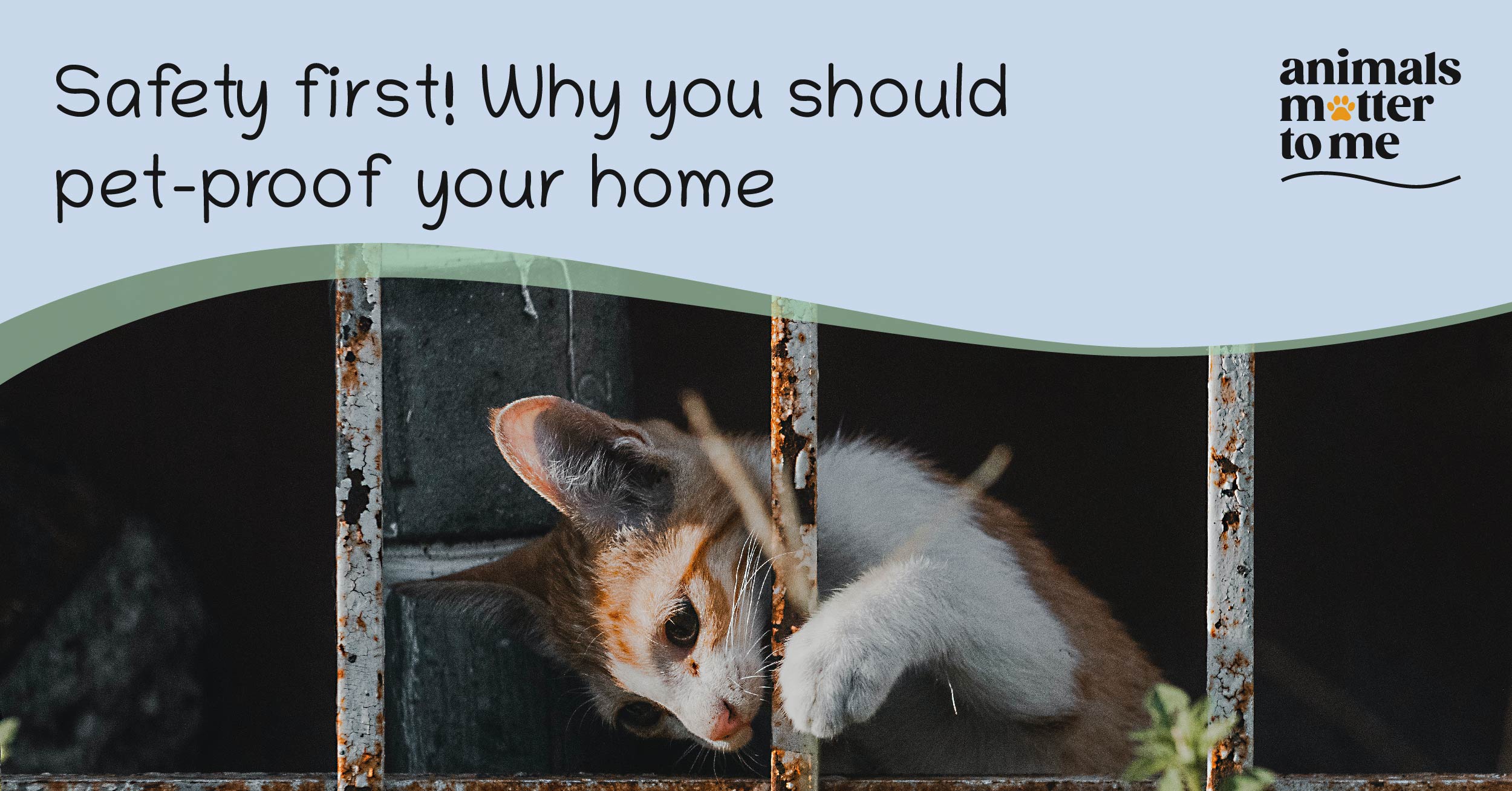Taking care of disabled pets requires patience, understanding, and a willingness to adapt to their specific needs. Whether your pet was born with a disability or acquired it later in life, providing a loving and supportive environment is crucial for their well-being. Some general tips for taking care of disabled pets include the following:
Consult a veterinarian: Seek guidance from a veterinarian who has experience with disabled animals. They can share valuable insights into your pet’s condition, offer treatment options, and recommend specific care practices, if needed.
Create a safe and accessible environment: Adjust your home to accommodate your pet’s special needs. This might include installing ramps or adding steps to help them access higher places. Ensure the floor surfaces are not slippery and remove any hazards that could cause injury.
Maintain a consistent routine: Establish a daily routine for feeding, exercise, and bathroom breaks. Consistency helps pets with special needs to feel comfortable and secure.
Exercise and physical therapy: Depending on your pet’s condition, they may need tailored exercises or physical therapy to maintain muscle strength and flexibility. Work with your vet or a professional animal therapist to develop an appropriate exercise plan.
Manage pain and discomfort: Keep a close eye on your pet’s behavior for any signs of discomfort or pain. Work with your veterinarian to find suitable pain management solutions that can improve your pet’s comfort and quality of life.
Monitor their weight and diet: Pets with special needs may have specific dietary needs, so make sure to provide a balanced and appropriate diet to maintain their overall health.
Assistive devices: Depending on your pet’s disability, there are various assistive devices available, such as mobility carts, braces, or harnesses. These tools, when used properly, can help improve their mobility and independence.
Mental stimulation: Engage your pet with interactive toys and mental stimulation games to keep their minds active and prevent boredom.
Constant love and attention: These pets may experience anxiety or emotional challenges due to their condition. Shower them with constant love and affection, attention, and positive reinforcement to boost their morale.
Regular check-ups: Schedule regular veterinary check-ups to monitor your pet’s health and adjust their care plan as and when needed.
Be patient and understanding: Caring for a disabled pet can be challenging at times, but patience and understanding are vital. Celebrate their accomplishments, no matter how small, and encourage them as they adapt to their new circumstances.
Remember, every pet is unique, and their specific needs will vary based on their condition and personality. Always consult with professionals and specialists to provide the best care possible for your beloved pet.




